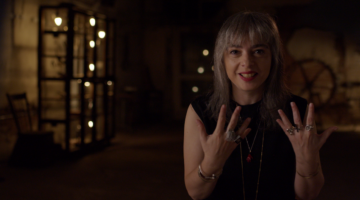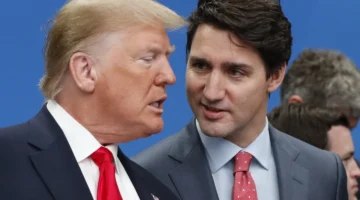Business Law 101 / Eviction Trial Procedures-Objections
By Albert L. Kelley, Esq.
During the eviction trial, parties can object to questions they believe are improper. Despite what you see on scripted television shows and movies, you don’t just yell “Objection”. An objection must have a reason and the reason must be stated. However, you need to be quick with the objection. If the question is answered before you object, it is too late. Objections are made to keep information out, but also to preserve issues for appeal and to throw off the other party’s rhythm. There are specific grounds to objections; you can’t just say “I object because I don’t like the question”. Objections must be timely and specific. There are three types of objections: objections that go to questions, objections that go to the answers, and objections that go to the introduction of evidence. If an objection is made, the witness must not answer the question until the judge rules on the objection. If the judge agrees with the objection, it is “Sustained” and the witness must not answer; if the judge disagrees with the objection, it is “Overruled” and the witness must answer (witnesses cannot object).
Objections to questions mean that there is an issue with either the question that is being asked or the witness’s ability to answer the question. Some of the primary Objections to questions include:
- The question is ambiguous, confusing, misleading, vague, or unintelligible: this means that the question is not precise enough for the witness to properly answer. If granted, the opposing party can restate the question in a way that is clearer.
- Argumentative: the parties question is making an argument rather than asking a question.
- Asked and answered: This occurs when the opposing party has asked a question, it has been answered and then he asks it again, possibly in a different way (attorneys often do this in order to stress a point)
- The question assumes facts not in evidence: Here the opposing party is adding facts to the question that have not been established yet. For example, a question could be raised about a contract, before there has been any proof that a contract existed.
- The Plaintiff/Defendant is badgering the witness. This occurs when the opposing party is trying to provoke the witness into responding, either by mocking them or by asking questions so fast that the witness cannot answer them.
- Best evidence rule: This objection generally goes to testimony about documents. If a witness is asked what terms are in a contract, the best evidence of that would be the contract itself.
- Beyond the scope: This is an objection used during cross examination when the opposing party tries to discuss issues that were not raised in direct examination.
- The question calls for a conclusion: Here the party is asking the witness not to testify about the facts, but about their opinion of the facts. While expert witnesses are allowed to testify about opinions, fact witnesses must testify to what they have seen or heard.
- The question calls for speculation: Here the question asks the witness to guess at the answer rather than to rely on known facts.
- Compound question. This occurs when there is more than one question being asked at the same time. For example: Where did you go and what did you do?
Al Kelley is a Florida business law attorney located in Key West and previously taught business law, personnel law and labor law at St. Leo University. He is also the author of “Basics of Business Law” “Basics of Florida’s Small Claims Court” and “Basics of Florida’s Landlord-Tenant Law” (Absolutely Amazing e-Books). This article is being offered as a public service and is not intended to provide specific legal advice. If you have any questions about legal issues, you should confer with a licensed Florida attorney.
[livemarket market_name="KONK Life LiveMarket" limit=3 category=“” show_signup=0 show_more=0]





No Comment